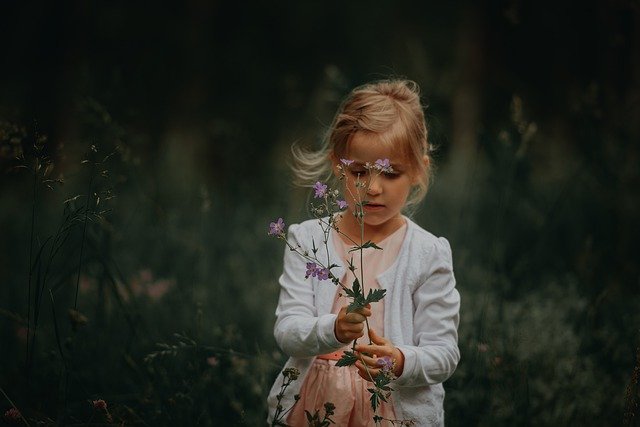Getting Children Out In Nature

Nature and time outside is long linked to lower levels of stress. The great outdoors is also a great learning opportunity. Children should be spending time outside, even in the coldest weather, and their enthusiasm can be inspiring.
Using a range of environments outside can broaden experiences and learning opportunities for children. Organising lessons in fields, forest schools or under glass canopies can really help you provide a wide learning experience that caters for numerous learning preferences and styles.
Yet, few children are given this experience. A report in November stated that only half of children are provided with an hour a day outside. And fewer have been outside to learn about wildlife on their own doorstop.
So, what lessons can you create? Here are some great examples.
Grow Plants
A simple, but effective lesson that can be conducted over a half or full term. Growing plants is stimulating and can be used to teach children about the life cycle of plants, nutrition and more. You can also combine this with keeping a pet (like a snail/stick insects) to showcase food chains.
Identification Of Nature
Less than half of children are learning about local wildlife. Many children can better describe animals on an African safari than they can bugs and beetles in their garden. Spending time outside and getting them to learn to identify and know more about wildlife is useful.
Outdoor Play
Playing outside is good for children. But so many are restricted to the concrete jungle of a playground. Why not add plants and other natural elements to an environment, like under a glass canopy to create a planted jungle?
Mathematical Skills
You can use nature to build mathematical skills. For instance, counting, subtracting and identifying patterns. These basic skills in the classrooms can be hard to get across, but when used in practical ways in nature, they can be easier for the children to comprehend.
Basic Science
Turn water into ice, make mud and other easy experiments can be done outside to the joy of your students. They will love getting dirty and learning more about the environment around them.
Conclusion
Your outdoor space is a vital learning environment. It can inspire knowledge and reduce stress in children. It can also be a great, rewarding experience to work in. So, find ways to utilise your outdoor spaces and let us know how you’ve done it.
Able Canopies Ltd. design, manufacture and install canopies and shade structures
at schools, nurseries and educational settings to enable year-round
Free Flow Outdoor Play and Outdoor Learning.
For more information please contact us
Follow us on our social media accounts for the latest funding advice, new products & latest news:
Twitter | Facebook | Google + | Linked In
Categories
- 20 Years of Able Canopies
- Canopies for Architects & Contractors
- Canopies for Healthcare
- Canopies for Restaurants, Bars and Hotels
- Canopies for Retail & Commercial
- Canopies for Schools
- Canopies for Sports & Leisure
- Canopy Maintenance
- Case Studies
- Cool Links & Facts
- Cycle Parking Solutions
- Dates for Your Diary
- Eco-Friendly Holiday Crafts
- Employee Spotlight
- Environmental Tips
- Funding and Fundraising
- How to... Get the Most out of Your Canopy
- Insights: Able Canopies News
- Latest News
- Latest Stories
- Lockdown Outdoor Learning & Play Ideas
- MD News
- Newsletters - Architects & Contractors
- Newsletters - Schools & EYFS
- Outdoor Learning
- Outdoor Play
- Planning Your Cycle Parking
- Product Focus
- Solar Carports
- Spring Fundraisers 2017
- Summer Shade
- The Good Canopy Guide
- Uncategorised
- Wall Mounted Canopies












